Hey, Mom! Talking to My Mother #867 - Machine Love: XOSAR - Musical Monday for 1711.20
Hi Mom,
So, here's how this happened.
This morning I was listening to Machine Love, an Oakland, California based musical group specializing in down-tempo electronica. There's a FACEBOOK group, HERE.
I have also written about MACHINE LOVE on this blog, long before I did the Hey Mom Feature.
MACHINE LOVE - SENSE OF DOUBT POST
So, I wanted to check if the Machine Love, the one from that Facebook group had done anything new since I last checked, but all I did was type "Machine Love" into Google.
Apparently, there's a magazine called Resident Advisor that has a featured series called Machine Love in which journalists "geek out" in producer's studios.
And so I found XOSAR and this article.
It so captured my attention that it DEMANDED to be the Musical Monday for today.
And so, a link to one of the XOSAR albums on Bandcamp and the article.
I will be back next Monday, with this feature (and back tomorrow with something else probably non-musical) and probably some MACHINE LOVE of my own.
Happy Monday.
https://www.residentadvisor.net/features/3083
In fact, an exorcism of sorts takes place here every day. Rahman describes her writing process as an act of therapeutic purging, of experiencing and processing internal states through sound. Since bursting onto the scene with creepy deep house 12-inches for L.I.E.S., Rush Hour and Crème Organization, her music has become increasingly introspective. Her recent output is twisted and demonic, but for Rahman herself, it's just a necessary and cathartic emotional release. Over the course of an afternoon, I asked her about balancing unfiltered creativity with the demands of releasing music, fusing yoga with music production, and why she's surrounded by so many Electribes.
I used to have a studio a couple of blocks away but it was a weird environment. I moved all my gear in and finally sat down with a glass of water and all of a sudden I hear these booming drums. My glass was vibrating off the table and I'm just like, "What the fuck is this?" I thought it was a wall of amps and a drum machine. I knocked on the door and it was this cute little group of people playing on massive taiko drums. So then I joined the group and started doing that for a year or so.
Taiko drumming is pretty demanding stuff. Have you ever had a specific routine for working on your own music?
This is the most difficult point of being an artist. On the one hand, you can't force creativity. On the other, you want to get stuff done. For me, the best solution is having a community, talking about it with friends and having a sense of accountability and support from other people. I really believe that's the best cure for a lack of discipline.
Do you ever feel like you should be doing more? Or do you take it as it comes?
That's another paradox of the artistic profession. The lines get blurry. Some people keep a day job in order to preserve the purity of creation. The work is done only when it needs to be done. It's like writing in a journal—you do it if you have something to express and you express it in that moment.
The things is, I love making music so much that I want do it all the time as a career. Then you have to start drawing lines of whether you're working on something for a release or whether it's just pure expression. People struggle a lot with reconciling the two. There's tension between making a piece pure versus making it presentable. They're conflicting programs. Sometimes you try and bridge them but you lose the essence of the pure expression.
For me, right now, I'm having a problem with track lengths. I don't want to cut things too short because the process of making the track is a story in itself. It is an evolving situation and I feel I have to stay true to that, to say, "This is how it is." Then there's pressure to edit it down to make it nice and presentable. In the back of your mind you know it's taking something away. I'm sure every artist has felt this and tried to come up with a way to balance the two. Others just say, "Here's the recording. I won't ever touch it again. This is it." I respect that a lot. To be fair, I have done that sometimes, too.
There's a hundred reasons but yes, that's one part of it. I know in my head that these tracks need to be together, they need to be in this order, and that's it. If I can't put it on a record, I'll put it on the internet for free. I'm not going to compromise what I have to say. There have been times in the past where I felt the burn of compromising. But it's all a learning experience. I have no regrets but now I'm more refined and don't want to compromise anything.
Sometimes a label asks you to make tracks for a release. Other times, you've made the tracks already, sent them to a label and then the label offers to release them. Do you have a preference for one or the other?
I've definitely worked with people who said, "Do whatever you want," and only offered minor advice on things like track order. I've also had situations where they're micromanaging, saying, "You should put this acid line at 16 bars rather than 32." Which is ridiculous. But again, I feel like I needed to go through that to understand how I wanted things to be and what my limits are. Some people thrive under those conditions and want more guidance. Perhaps it was good for me early on. But I really hated it.
You've obviously put a lot of work into creating a certain type of energy in here. Is this the happiest you've been with a studio?
I was always looking for a studio, my whole life. I was almost depressed about not having a place where I could be loud whenever I wanted. It makes such a drastic difference to your quality of life when you're free to express yourself whenever you want. There's always been some kind of limitation—a neighbour banging on a wall, or not having enough space.
Having to move all the time was my big issue. In Berlin, I was moving from sublet to sublet for two years. One month here, two months there. After a while you go a little crazy and just crave your own space. I can't even tell you how fucking ecstatic I am to have found this place. There was four years of searching, waiting, being miserable. And I wanted a place I could design from the ground up. Obviously you can't do that when you're subletting places with someone else's furniture. You feel awkward and small in that environment.
I literally have hundreds of photos of all the different setups I've used in different studios because I like to remember the configurations. The ritual of unplugging everything, moving it around and connecting it all together is like a magic reset button for accessing your creative forces.
I go through phases with the pedals. Right now I'm really into chaining multiple harmonisers together. Of course, playing around with different types of delays, distortions and reverbs is interesting, but I was always looking for strange pedals. That's where my interest in modular synthesis started because all the weirdest stuff is being made in Eurorack format these days. The Make Noise gear is crazy.
How often are you packing it all down and starting again?
I play live so I'm forced to every time I have a gig. In any case, I would normally change it around within two weeks anyway. You know how some people have beautiful studios where everything permanently stays where it is? I could never do that. If I don't move it around I'd go insane. It's like a fresh burst of energy when you change it.
What stays in the setup no matter the configuration?
The Elektron Octatrack and an Electribe. Those are the two main things. For a while it was just the Electribe.
I've never seen so many Electribes in one space before.
The Electribe is the one thing in my life that I can claim to have mastered. There's something intuitive about them. I don't feel it with the new Electribes but there's something about the layout of the old ones. Somebody put a lot of effort into making sure it feels good, that certain functions are where they need to be. Mapping it with the brain. It makes logical sense. This sets it up for being an easy tool for expression, at least for me.
It's all about the workflow. You have a pattern, you edit it a bit, save it, copy it to the next pattern, edit it a bit more, save it. Along the way you're building a really detailed composition with a cohesive, linear structure without a computer. It's a natural progression in the moment. Then you can also recreate it live.
You know how some keyboard players need the keys to be weighted in a certain way so they can put their body force into it? For me, I found it with the Electribe. The way you can bring parts in and out is handled in an elegant way. It's very easy to make fluid transitions between sections. It's not quite so simple on a lot of other machines.
Why have you got so many of them?
They break when I tour with them. For example, the master volume breaks in a way where the output becomes mono instead of stereo, which is completely unacceptable because I compose using the full stereo space, from left to right. I'll modulate parts to bounce back and forth every four steps then have another element panning slower, say, every 16 steps. You're mixing down inside the machine.
Were you using the stock sounds or sampling stuff?
Every time I got a new Electribe I would wipe it clean and load my own sounds.
Where would you get the sounds from?
Everywhere. My own recordings of synths and drum machines, some of them manipulated on the computer and then loaded into the machine. But even though there is a nice sonic palette, it turned out to be a bit limited. Say if you were an amateur painter, your canvas is only so big. It's perfect when you're learning because you need to be able to control this small space. You don't know what you're going to say when you have too much in front of you, but after time your vision gets wider. This is why I moved to the Octatrack. Although it doesn't have the same intuitive flow as the Electribe, the expanded sonic palette gave me much more freedom to express.
Were any of your early records just taken from the stereo out of an Electribe?
A lot of them. I remember one time I made a track that I really liked and I was going to release it. But the label was like, "You have to rerecord it, track it all separately" and so on. I spent a long time doing it but it ended up losing something, so I ended up dropping it completely.
Did you stop using the Electribes live because of the sound?
It was mostly to do with the sound. It's like working with VHS your whole life and then going to the TV store and seeing all these perfectly crisp images of fish where you can see every scale.
How does using the Octatrack live compare to the Electribe?
The Electribe has nine drum patterns and two melodic parts. The Octatrack has eight tracks and eight MIDI channels that you can send to different synths. So on a certain level, they're similar. In a live set with the Octatrack, you're mixing between the different tracks with EQ almost like a DJ. A track might contain a single drum or a texture and you bring them in and out as you go along, moving from pattern to pattern and track to track. Dropping new tracks in suddenly can be harsh if you're a little off with the timing.
Are you making loops from scratch when you're playing live or is it pre-programmed?
Usually I get into it later. I have something concrete to start off with. My last set at Tresor was cool because it was mostly improvised.
What else was onstage with you at Tresor?
Apart from the Octatrack, I had a Dave Smith Mopho and a Poly Evolver, a few effects and the Electribe. I was considering bringing a guitar and an amp, too, because I've been using them for a lot of textural, noisy stuff.
And you're taking a direct line out of the amp onstage rather than using a mic?
Yeah, out of the amp, through a lot of pedals and into the mixer. I only do more complex stuff like this in Berlin because I can carry all the equipment easily. Next time I play here I'll use a crazy setup for sure.
I assume you're not playing the guitar in a traditional way. How are you getting sounds out of it?
I always tune it differently. I have a collection of objects in different materials, shapes and sizes that I use to get different sounds from the strings. For instance, I use a little roller that's used for massaging your face. It looks like a tiny rolling pin.
The Octatrack is notoriously painful to learn. How did you fare with it?
It took me three years to get to the level I'm at now. Learning how to make a beat takes a day but then mastering it really takes years. It's mostly to do with muscle memory and practice. You have to double tap and hold down combinations of buttons to access certain functions. It takes time to ingrain it in your memory so that you can do it fast. It's like learning a new language. You're trying to have a conversation in German but you can't express the idea fast enough to keep up with the natural flow of the conversation. Once you're fluent with the machine, you can express yourself more accurately.
I read that you transcribed the entire Octatrack manual in different colours in order to memorise it.
I have a lot of notebooks. I need them when I'm learning a machine so that I'm not forgetting everything, which is very easy to do. You can watch a tutorial and think you understand a function and then you forget how you even got there. Every time I come across a certain technique that I'm really into, I write it down so I can return to it instantly. I use different colour inks to convey different energies. "Do not hit function and clear or you delete your entire pattern and you can't undo it" is in red. Reviewing the notes is really important to me.
While I was spending so much time learning the Octatrack and other gear, I had a realisation that the human body is also a type of machine. Learning the intricacies of how that machine works will ultimately help you in whatever production you're doing. Whether it's increasing your stamina to work longer and harder or increasing your focus.
I decided last year to attend a school for energy healing and yoga. I got my license to be a yoga instructor. For me, this knowledge aligned metaphorically with the technical stuff I was learning with the machines. Learning how the energy circuits of your body work—it's like your body is a giant modular system, only you're making connections with yoga positions rather than patch cables. Each pose is connecting a new energetic circuit. I consider the body to be the most important machine in my productions.
What yoga positions are beneficial for producers?
It was a bit of a joke but recently I was posting stuff online about undoing the physical damage caused by producing music. I like to say that I get "octaneck" from looking down at that tiny screen all day. Upward facing dog counters the hunched position most people adopt when they're making music. Neck rotations and shoulder rotations are good, too. Basic chest-opening exercises. Little things like getting up and touching your toes make a big difference, especially when you do it regularly.
A lot of my yoga students are artists and musicians, and many of them have physical problems from making art all day. I feel like my job lately has been to help people heal their bodies and to get them more in harmony with their craft so that they're not abusing their bodies in their creative work. It's very simple just to listen to your body.
Has being more aware of your body influenced how you work?
I did a release on my label called Show Yourself with a track titled "Manmeat PCP." There's a synth line that's just a single note going through a distortion pedal and I was really angry when I made it. It was one take of modulating the synth and the pedal and I was throwing my whole body force into it. You know how people use gestures in a conversation? It says something that words can't. In this case, the body force gives a spring to the sound and it has a different layer of energy. There's a human essence. I want to bang on more shit.
You had a stint in an engineering school. Did you have a positive experience?
Everyone on the face of the earth thrives off different ways of learning. Some people need to be alone. Some need to read the manual. Some people can only interact with the machine itself. Others thrive off being in a learning environment and having other people around to engage in dialogue and ask questions. My favourite way to learn is in a community setting where there are like-minded people who can support you and give you information.
Do you feel like the technical aspect of making music overinflates its importance to the detriment of other factors?
Yeah. I'm always interested in meeting people who dropped out of something. They played some instrument then they quit; they went to art school but they quit; they went to audio engineering school but they quit. I feel that people who have a strong vision just need to get the basics down and then they're done. It depends on what the person is trying to do, but too much information can pollute the expression process. It depends on what the person is trying to do with their life.
I think the issue is that relying on this external knowledge can create a loss of intuition. You're potentially disempowering your intuitive voice. That's definitely a problem with music school, art school and so on. Even the entire school system programs you to learn in a manner where you have an authority figure telling you the unassailable truth. It's important to learn how to feel for yourself and never ever to take anyone else's word as truth. Never form an opinion immediately, just take in the information and come to your own conclusions.
You're known primarily as a live performer. Did you get into club music through listening to productions or actually going out?
My parents didn't let me listen to much music with words in it. They took away all my rap CDs. But 160 BPM pystrance was allowed. They thought rap would make me a bad girl. Little did they know that the aggressive psytrance would make me even badder!
Your sound took a pretty clear turn around 2014. Was this to do with changing your environment or equipment?
The gear was definitely part of it. I'm still learning and developing so these changes can be confusing or jarring to people on the outside but it'll all come together in the end. All the music is going to convey my essence, even though it's harder now to get it out of these new machines. In terms of the linear progression of my output, the last thing I put out on Bandcamp sounds new and different from my other work but it's actually extremely old. They're some of the first tracks I ever made.
It's hard for an artist to carve out a space and be understood as who they are now. There's a struggle in every artist to align their output with what they're all about at any given moment because it takes so long to get anything out. One release takes two years, another takes six months, then I put out something brand new and then another old thing. I guess it's just how it is and the best thing to do is explain yourself, which I suck at. Hopefully at the end of the day people will see the big picture. I'm not worried.
What was the response like to your changing sound?
In the beginning it was a lot harder but I think people came around to it. If you're known for a sound, it's hard to do something even slightly different. Human psychology wants to understand and categorise things. It's human nature. But you progress in a chaotic way depending on what you're exposed to. For me, it was just a natural progression.
A lot of so-called dark or angry music feels like so much more of an emotional release to me now. Every style of music serves a different function for the person making it, depending on their intention. People started saying my music was becoming more aggressive but for me it was a pleasurable way of releasing emotions. That's the whole idea behind the label I started. We have these demons inside of us and making music is a way of exorcising them. By feeling them fully and processing them through sound, I felt lighter. It was therapeutic.
- Words /Mark Smith
- Published /Wed, 13 Sep 2017
- Photo credits /Elizabeth Herring
+++++++++++++++++++++++++++++++++++++++++++++++++++++++++++++++++++++++
+++++++++++++++++++++++++++++++++++++++++++++++++++++++++++++++++++++++
+++++++++++++++++++++++++++++++++++++++++++++++++++++++++++++++++++++++
Reflect and connect.
Have someone give you a kiss, and tell you that I love you, Mom.
I miss you so very much, Mom.
Talk to you tomorrow, Mom.
+++++++++++++++++++++++++++++++++++++++++++++++++++++++++++++++++++++++
+++++++++++++++++++++++++++++++++++++++++++++++++++++++++++++++++++++++
+++++++++++++++++++++++++++++++++++++++++++++++++++++++++++++++++++++++
- Days ago = 869 days ago
- Bloggery committed by chris tower - 1711.20 - 10:10
NEW (written 1708.27) NOTE on time: I am now in the same time zone as Google! So, when I post at 10:10 a.m. PDT to coincide with the time of your death, Mom, I am now actually posting late, so it's really 1:10 p.m. EDT. But I will continue to use the time stamp of 10:10 a.m. to remember the time of your death, Mom. I know this only matters to me, and to you, Mom.



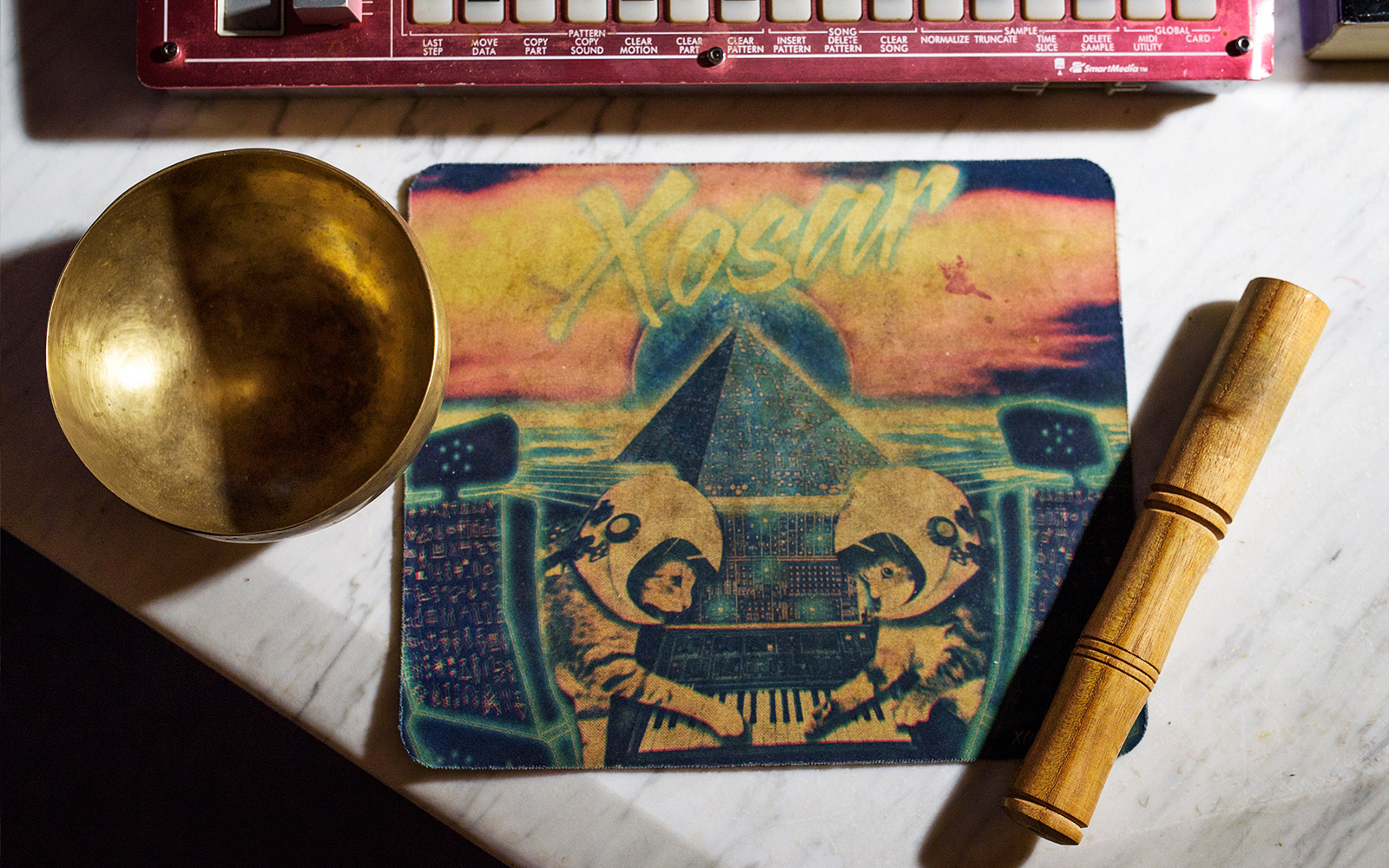
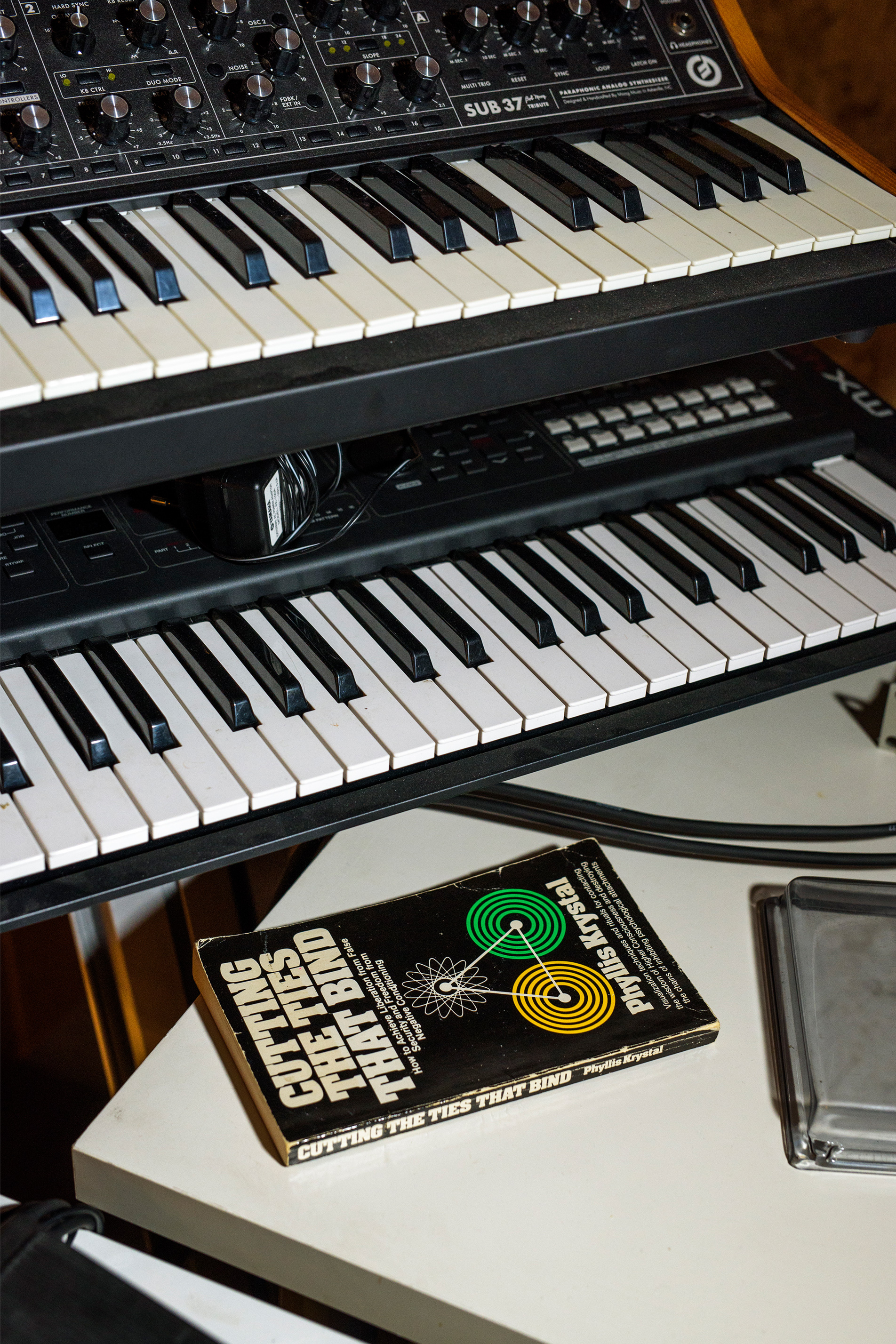
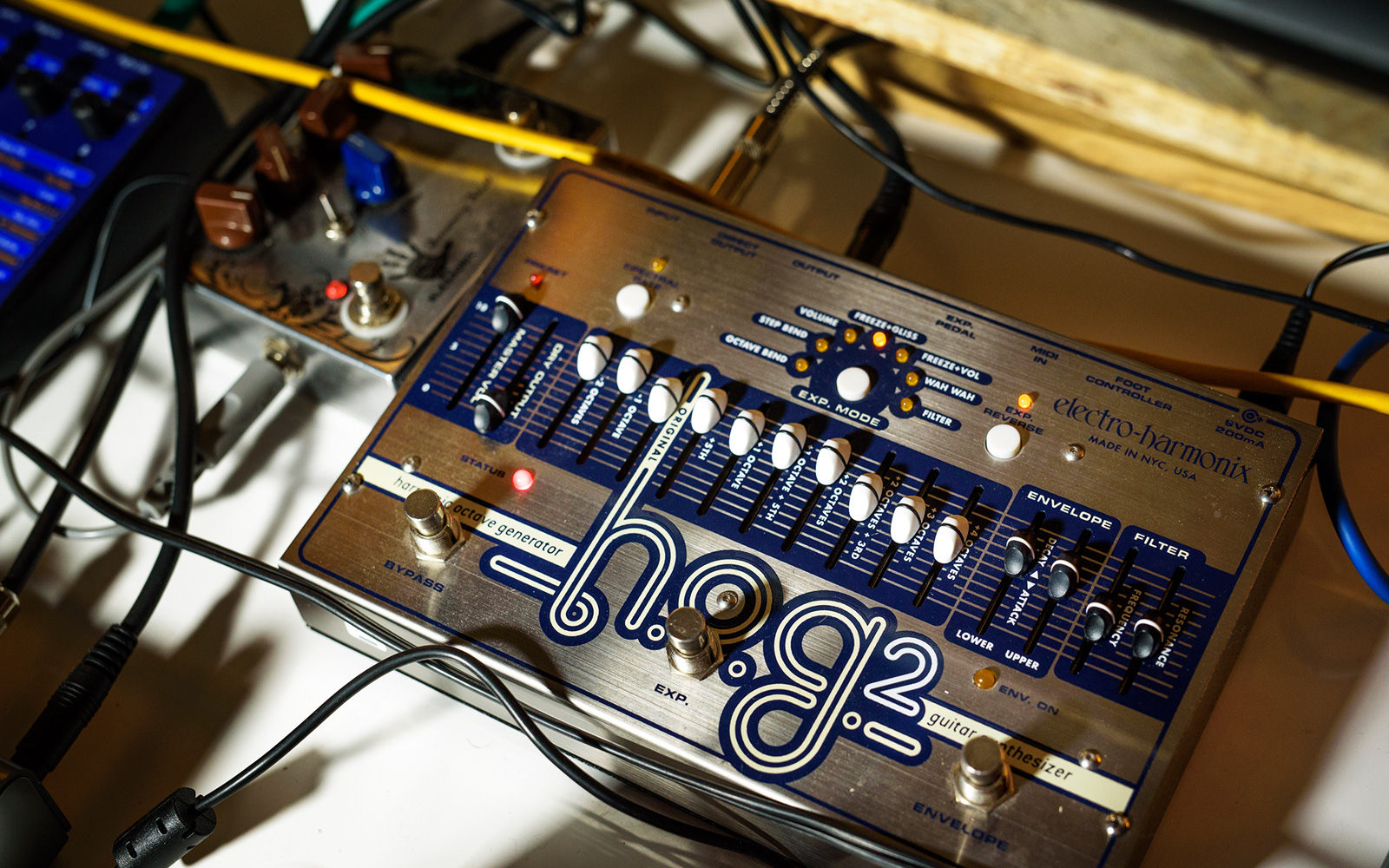
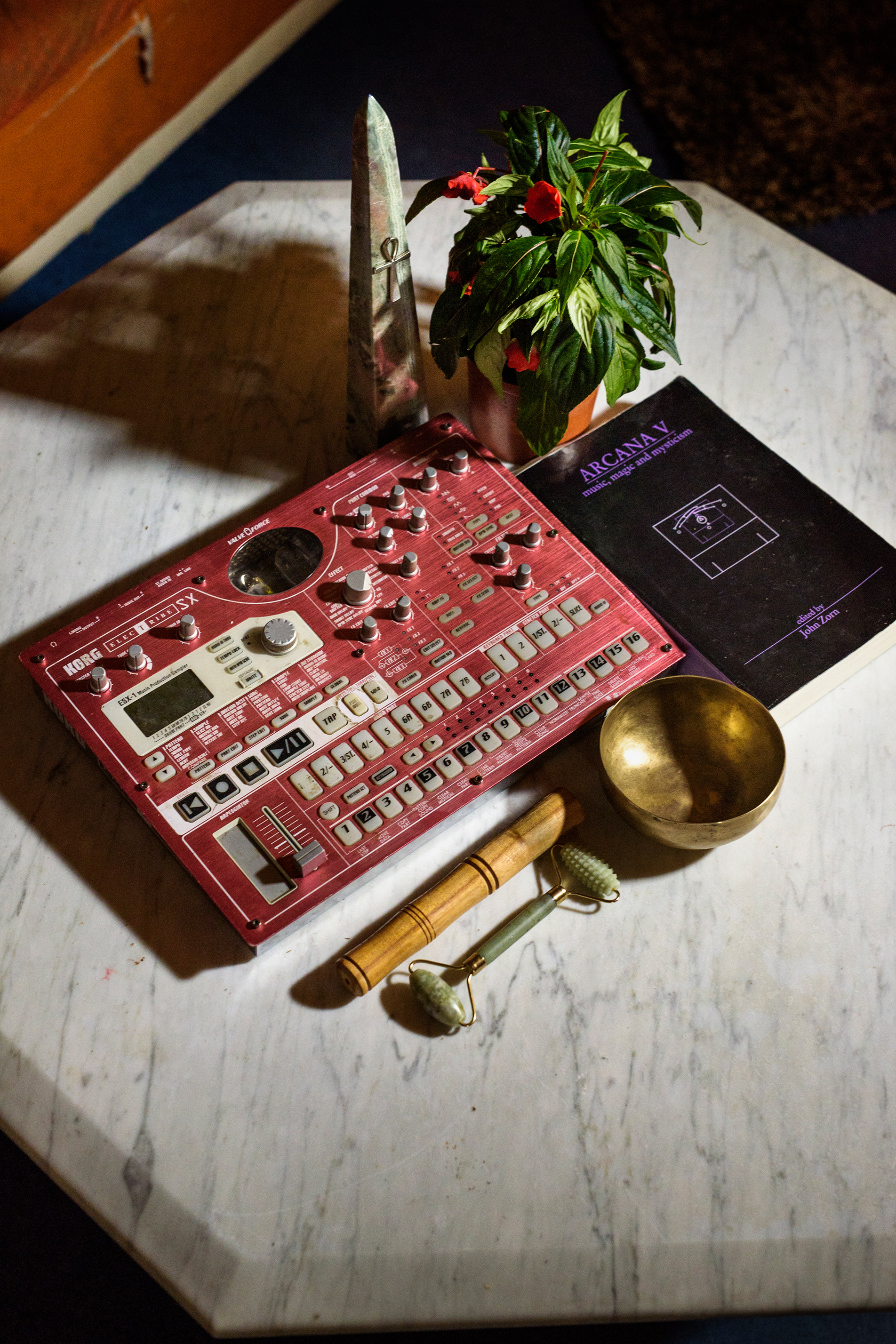
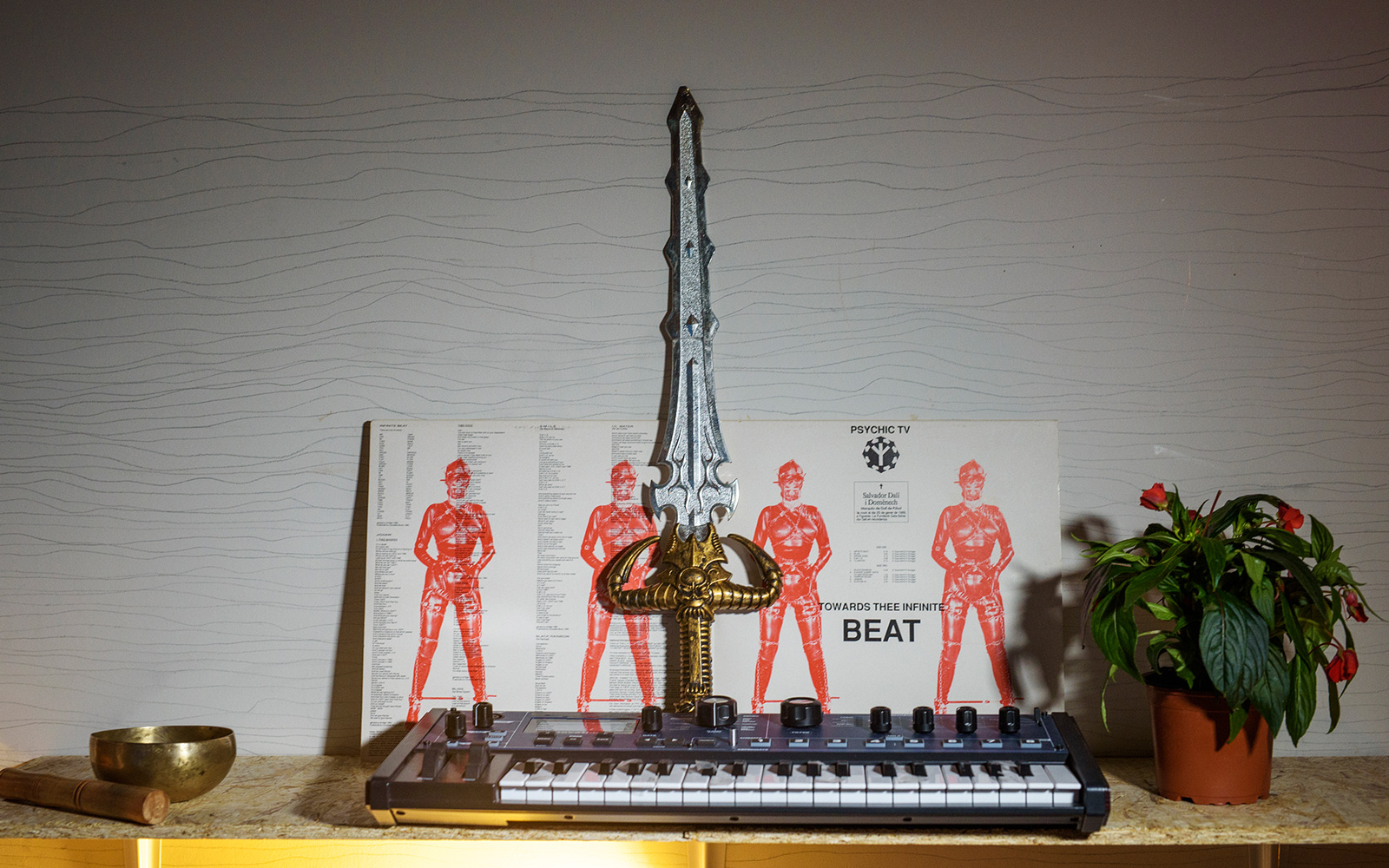

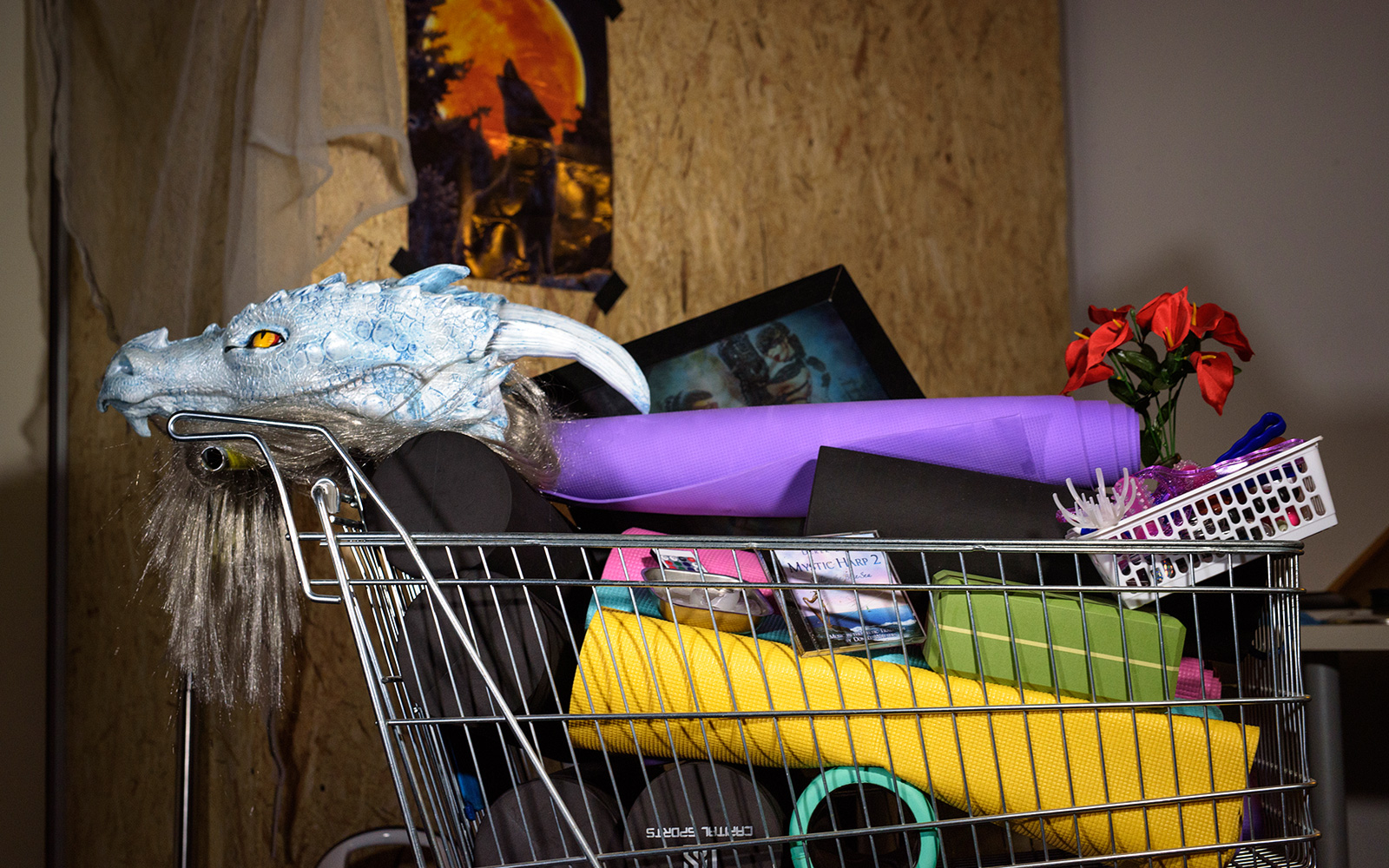


No comments:
Post a Comment